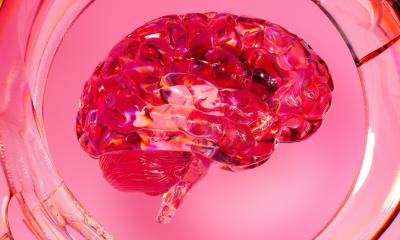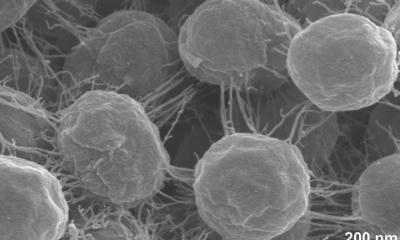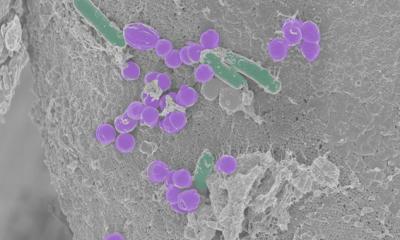Austrian Life Sciences exhibiting at MEDICA
Life science news and events from Austria
Life Science Austria (LISA) was presenting Austria's life sciences strengths at a joint exhibition stand at this year's MEDICA.
Representative, Doris Dobida, explained the background: “Life Science Austria and its cluster partners support Austrian businesses and research institutions as they work towards becoming international. Together with the Austrian Business Agency (ABA), LISA acts as a point of first contact and a partner for people and organisations from all over the world with questions concerning collaboration, setting up an operation or the funding of projects and businesses in Austria.”
For the second time now, the Styrian human technology cluster is responsible for the organisation of the shared Austrian stand. “We are very happy to be able to use our knowledge and experience for the benefit of the whole of the Austrian life sciences community,” says cluster head Robert Gfrerer.
Life sciences from Austria
A total of 16 businesses and institutions are exhibiting in the 220 m² of space constituting the Austrian stand (LISA, Hall 17, booth E 20). Innovations presented include medical implants and instruments, neurological rehabilitation, video-communication solutions for health services providers, e-health systems using NFC and other innovative IT solutions, biosafety and clean-room technology, mechatronics and precision engineering, and other research projects from the Medical University Graz.
In total 72 Austrian businesses and institutions are exhibiting at MEDICA 2008 and for the first time there is a catalogue available at the LISA stand which gives an overview of the wide variety of products and services supplied by Austrian enterprises. The LISA stand is also the venue for the now traditional business get-together at 4 o’clock this afternoon, 20th November, when Christian Buchmann, Styria’s landesrat for economics, will welcome the international guests.
More information at http://www.lifescienceaustria.at
20.11.2008





